The Rule Of Sevens: A Puppy Training Trick Every Dog Owner Should Know
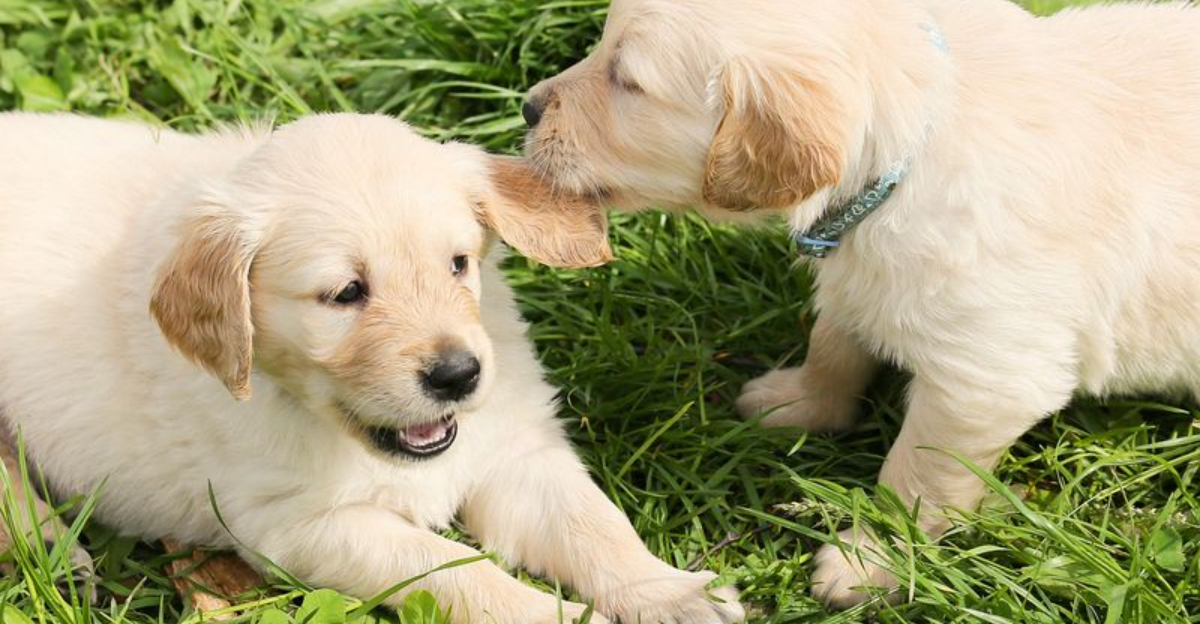
Training a new puppy isn’t just about teaching tricks – it’s about building a foundation for a lifetime of good behavior.
Proper training helps puppies understand what’s expected of them and creates a strong bond between you and your furry friend. Discover these essential facts that will make puppy training easier and more effective for both of you.
The Rule Of Sevens Is About Repetition And Consistency
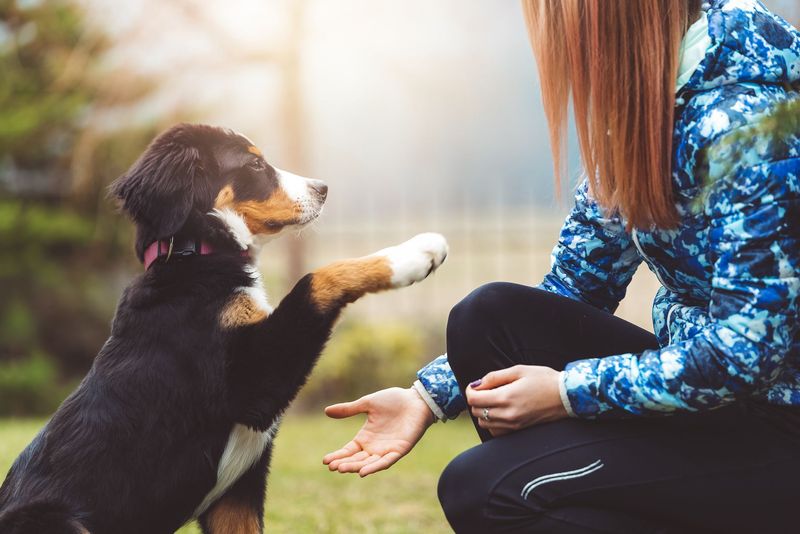
Dogs thrive on predictable patterns. The Rule of Sevens teaches that puppies need to experience something seven times in seven different environments to truly master it.
This approach builds reliable behaviors through consistent practice rather than occasional training. Your puppy’s brain forms stronger neural connections with each repetition.
It Works Best For Socialization And Exposure
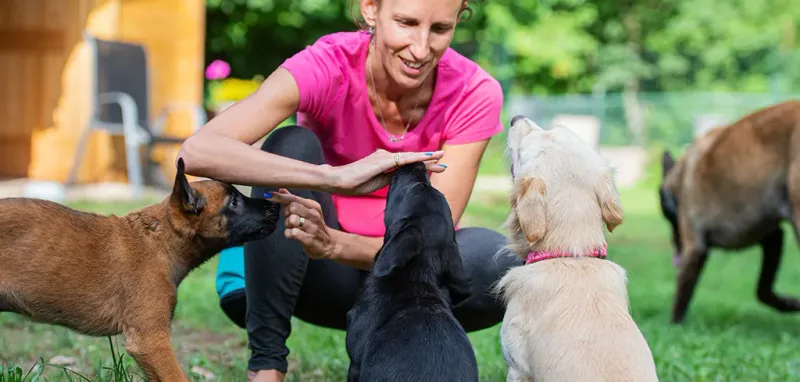
Socialization might be the most valuable gift you give your puppy. Introducing your pup to various people, places, and experiences prevents fear and aggression later.
Well-socialized puppies grow into confident adult dogs who handle new situations with ease. The seven-environment approach creates adaptable, friendly companions who aren’t easily startled.
Seven Experiences Builds Lasting Habits
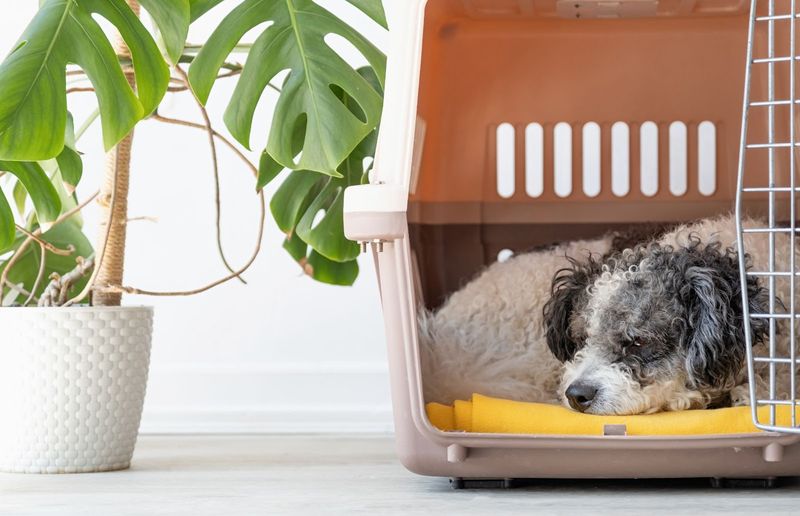
Remember how you learned to ride a bike? Practice made it second nature. Similarly, puppies develop lasting habits through repeated positive experiences.
After seven successful encounters with new situations, your puppy builds confidence that carries into adulthood. Their brain forms positive associations that become deeply ingrained behaviors you’ll appreciate for years.
The Rule Can Be Used For Every Type Of Training

From basic commands to complex behaviors, the Rule of Sevens applies universally. A puppy might perfectly sit at home but become distracted at the park.
By practicing commands in seven different locations, they learn to respond regardless of surroundings. This versatility is what separates well-trained dogs from those who only behave in specific circumstances.
It Helps With Desensitization
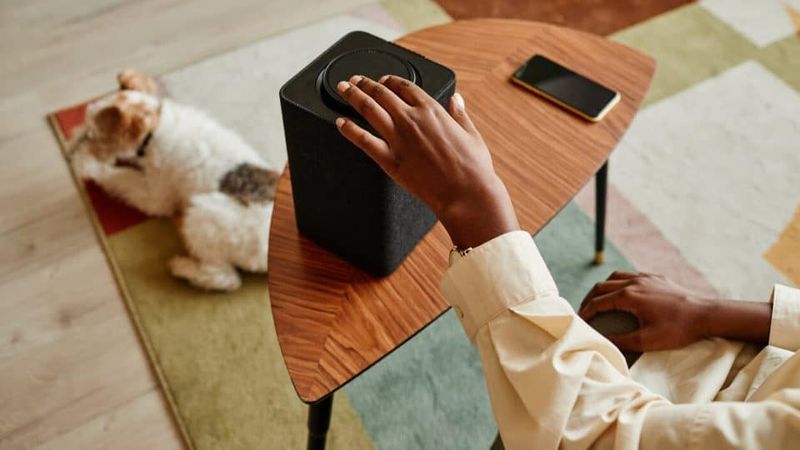
Fearful reactions don’t disappear overnight. Gradual exposure helps puppies overcome fears of thunder, vacuum cleaners, or strangers.
Start with mild exposure at a comfortable distance, then slowly increase intensity over those seven sessions. Your patience transforms a terrified puppy into one who remains calm during previously frightening situations.
It Encourages Mental Stimulation
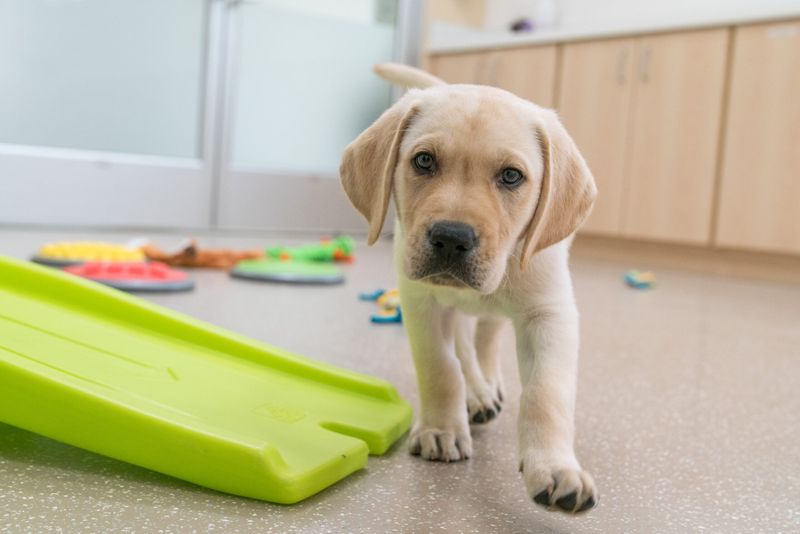
A tired puppy is a well-behaved puppy! Mental exercises exhaust young dogs more effectively than physical activity alone.
The variety provided by the Rule of Sevens creates engaging mental challenges. Your puppy’s brain works overtime processing new environments and expectations, resulting in a calmer, more satisfied companion who’s less likely to develop destructive habits.
Positive Reinforcement Works Best With The Rule Of Sevens
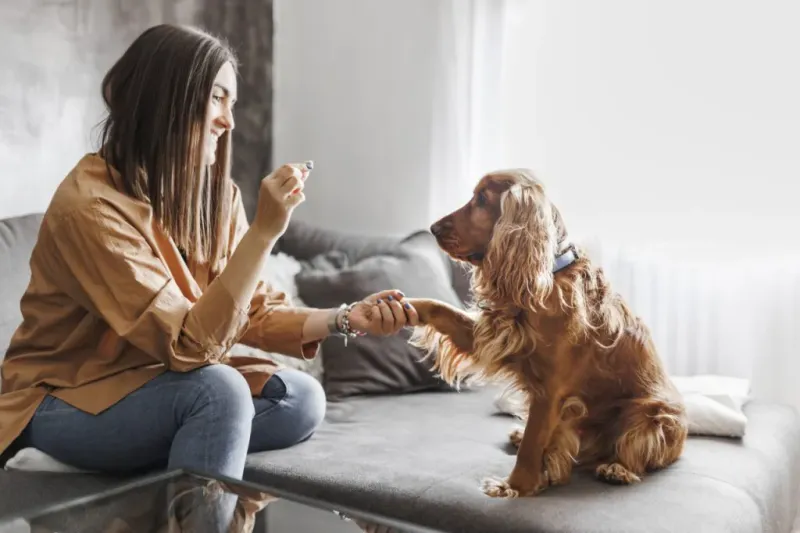
Celebration makes learning stick! When your puppy conquers a new challenge, immediate rewards create powerful connections in their developing brain.
Treats, enthusiastic praise, or favorite toys make each new experience positive. This combination of repetition and reward creates a puppy who eagerly anticipates training sessions rather than dreading them.
Socializing Early Is Crucial For Success
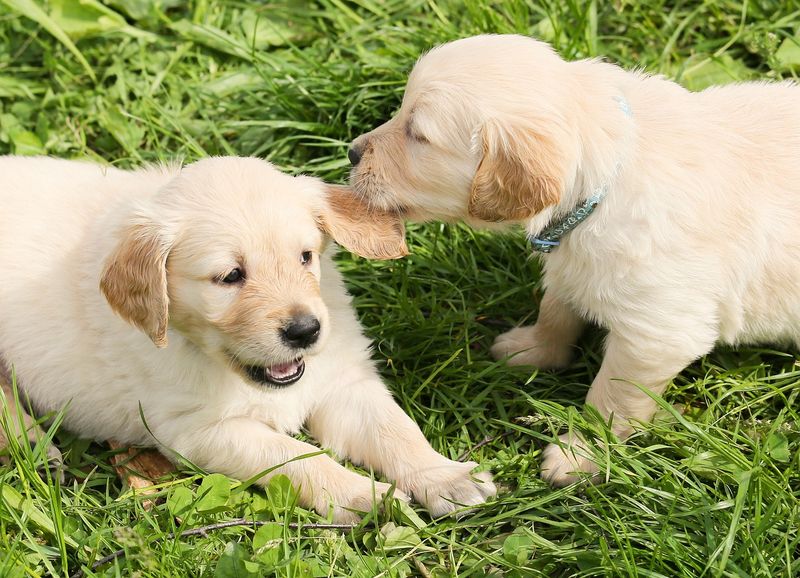
Puppies experience a critical socialization window between 3-14 weeks. During this period, their brains are exceptionally receptive to new experiences.
Missing this window makes training significantly harder later. Early, positive exposures during these formative weeks create a foundation for a confident, well-adjusted adult dog who navigates the world with ease.
It Can Help With Problem Behaviors
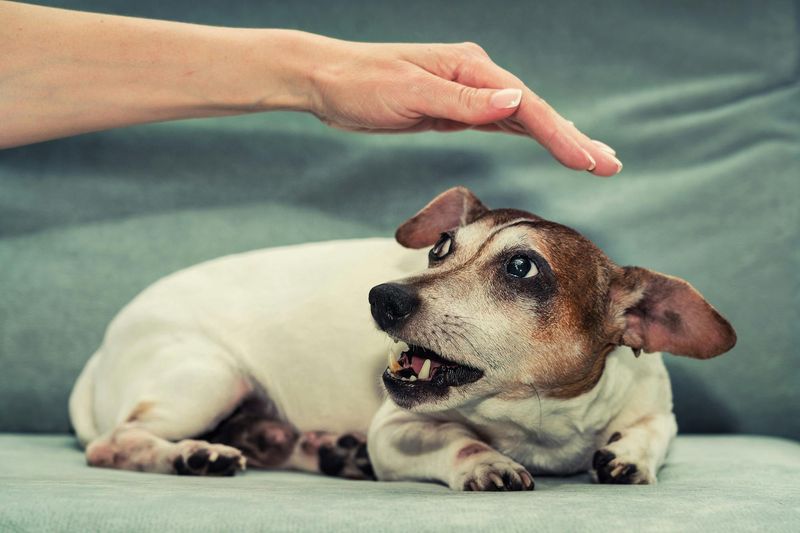
Barking at strangers? Lunging at other dogs? The Rule of Sevens offers hope. Controlled exposure gradually changes how puppies respond to triggers.
Start with the trigger at a distance where your puppy remains calm. Reward this calmness, then slowly decrease distance over seven sessions. This methodical approach rewires their emotional response from fear to acceptance.
Patience Is Key
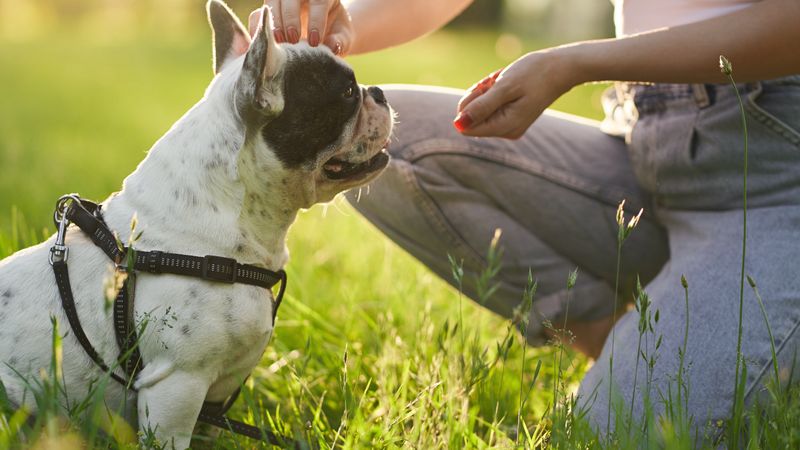
Rome wasn’t built in a day, and neither is a well-trained puppy! Some concepts click immediately while others require weeks of consistent practice.
Each puppy learns at their own pace based on breed, personality, and previous experiences. Celebrate small victories rather than expecting perfection, and remember that your patience now creates a lifetime of harmony later.






